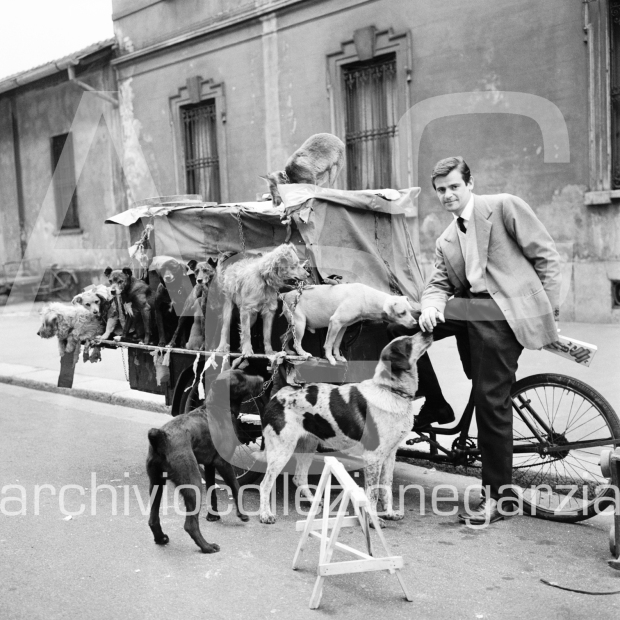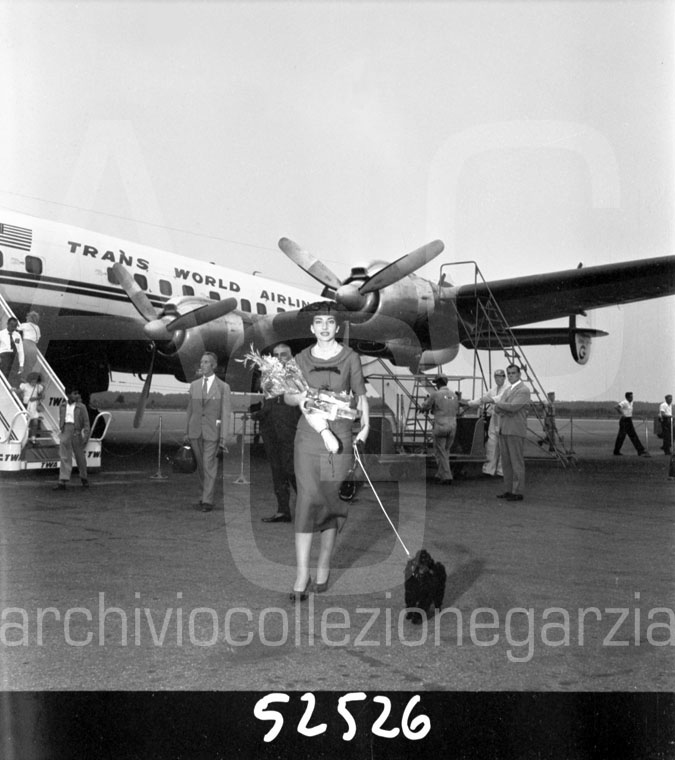Sergio Endrigo (Pola, 15 giugno 1933 – Roma, 7 settembre 2005) è stato un cantautore italiano.
Ha vinto il Festival di Sanremo 1968 con Canzone per te, è arrivato secondo nel 1969 con Lontano dagli occhi e terzo nel 1970 con L’arca di Noè; nel corso della sua carriera ha collaborato con scrittori e poeti come Gianni Rodari, Pier Paolo Pasolini, Vinicius de Moraes e Giuseppe Ungaretti e con musicisti come Toquinho e Luis Bacalov.
Sergio Endrigo (15 June 1933 – 7 September 2005) was an Italian singer-songwriter.
Born in Pola, Istria, he has been often compared—for style and nature—to authors of the so-called “Genoa school” like Gino Paoli, Fabrizio De André, Luigi Tenco, and Bruno Lauzi.
He won the Sanremo Music Festival in 1968 with the song “Canzone per te”, sung with Roberto Carlos. The same year he represented Italy at the Eurovision Song Contest 1968 with the song “Marianne.”
Sergio Endrigo (Pula, 15 juin 1933 – Rome, 7 septembre 2005) est un auteur-compositeur-interprète italien. Il a remporté le Festival de Sanremo en 1968 et participé au concours Eurovision de la chanson de la même année
Sergio Endrigo est né à Pula en Istrie. Son style et ses compositions est souvent estimé similaire comparé à ceux des auteurs de l’« école de Gênes » comme Gino Paoli, Fabrizio De André, Luigi Tenco, Giorgio Gaber et Bruno Lauzi.
Sergio Endrigo remporte le Festival de Sanremo en 1968 avec la chanson Canzone per te, chanté avec Roberto Carlos. La même année il représente l’Italie à l’Eurovision Song Contest 1968 avec la chanson Marianne.


